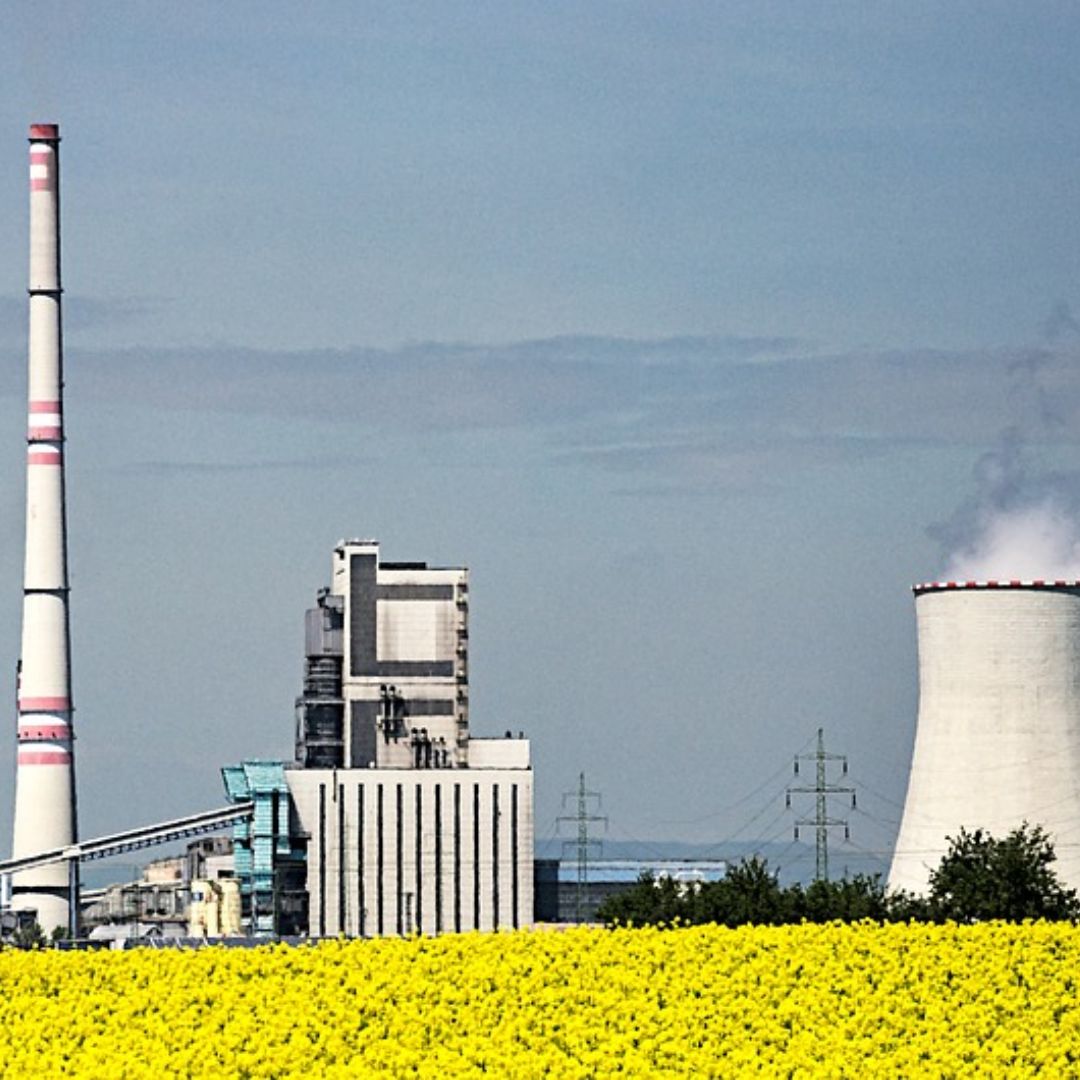
Image Credit- Pixabay
India Raises Biofuel Excise Duty Benefits For Ethanol Blends, Vegetable Oils
Writer: Shiva Chaudhary
A post-graduate in Journalism and Mass Communication with relevant skills, specialising in content editing & writing. I believe in the precise dissemination of information based on facts to the public.
India, 5 July 2022 10:50 AM GMT
Editor : Snehadri Sarkar |
While he is a massive sports fanatic, his interest also lies in mainstream news and nitpicking trending and less talked about everyday issues.
Creatives : Shiva Chaudhary
A post-graduate in Journalism and Mass Communication with relevant skills, specialising in content editing & writing. I believe in the precise dissemination of information based on facts to the public.
According to the government release, the tax exemption will apply to an ethanol portion of 12 per cent to 15 per cent blended with gasoline, up from 10 per cent formerly.
The Indian government has expanded the excise duty exemption for biofuels to promote the blending of higher proportions of ethanol and components of vegetable oil with gasoline and diesel, it stated in an order on Tuesday, July 5.
According to the government release, the tax exemption will apply to an ethanol portion of 12 per cent to 15 per cent blended with gasoline, up from 10 per cent formerly. Further, the exemption for diesel will apply to a 20 per cent portion of alkyl esters of long-chain fatty acids acquired from vegetable oil.
Government Plans On Ethanol Blended Petrol
The country plan to introduce 20 per cent ethanol blending with gasoline in some parts from April 2023, followed by a nationwide rollout from 2025-26, reported Mint.
India has achieved the target of 10 per cent ethanol blending in petrol five months early than schedule, Prime Minister Narendra Modi said last month, which is up from 1.5 per cent in 2014, he said. Ahead of the April 2023 target, 20 per cent ethanol-blended petrol may be available at selected petrol pumps in India, according to Union minister for petroleum and natural gas, Hardeep Singh Puri.
The central government has been encouraging the Ethanol Blended Petrol (EBP) programme with an aim to enhance energy security, reduce import dependency on fuel, save foreign exchange, address environmental issues and give a boost to agriculture.
The 'National Policy on Biofuels' announced by the government in 2018 envisaged an indicative target of 20 per cent ethanol blending in petrol by 2030.
Affect Of The Russia-Ukraine War
India is the world's third-biggest oil importer and depends on foreign suppliers to meet more than 80 per cent of its demand. The country has been particularly keen to rein in its oil import bill since the conflict in Ukraine evoked a surge in global crude prices, reported Business Standard.
Oil remains more than 40 per cent higher this year after being boosted by the war in Ukraine, which triggered a wave of sanctions on Russian flows.
Also Read: Man Delivers His Resume Dressed Up As A Delivery Agent, Zomato Says 'Impersonation- Not So Cool'
 All section
All section














